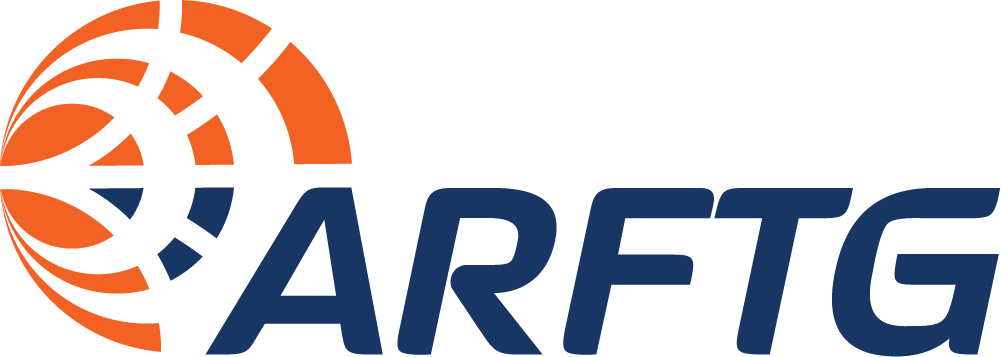Author instructions
ARFTG-105 Deadlines
Paper submission for TPC review
In order for your paper to be considered for inclusion in an ARFTG Conference, you must electronically submit an Abstract and paper Summary as described below by the publicized deadline:
- ABSTRACT
- SUMMARY: A 1000-word minimum summary with supporting illustrations, figures, and tables must follow the Abstract. The Summary should explain the contribution and provide sufficient technical content and details to enable proper evaluation (see Criteria for Evaluation). Many authors submit their papers rather than a summary.
- ELECTRONIC SUBMISSION: Use the ARFTG template (see templates below) for initial summary submission and for final paper submission. PDF is the required file format. The maximum file size is 10 MB. The Abstract and the Summary must be submitted to the submission website (via paper submission tool).
Criteria for Evaluation
Acceptance
All authors will be notified of acceptance or rejection by e-mail about two weeks after the abstract submission deadline. Accepted papers must be prepared and submitted on time for publication. Authors of accepted manuscripts must submit their final papers by following the instructions for authors of accepted papers:
Final Paper Submission
Important
- ARFTG conferences are live and depend on the presentations given during their sessions, and discussion after the talks and in the breaks. Authors who fail to present their paper leave a gap in the program, which is unacceptable for the conference audience.
- The IEEE (the copyright holder of ARFTG papers) has implemented policies to exclude authors who do not present their paper from further distribution of their publication, such as exclusion from IEEE Xplore. Such papers will be archived at IEEE but will not be indexed or appear in IEEE Xplore.
- ARFTG balances the interests of a high-quality conference with fairness towards the authors and audience members. Therefore, ARFTG adheres to this policy, and will identify to the IEEE those non-presented papers that were in the conference digest. The IEEE may block these papers from IEEE Xplore.
- For each accepted paper, one author needs to register to attend the conference and present the paper in the assigned session (either oral or poster). Presenters should plan accordingly and receive needed approvals and travel authorization early.
- If a presenter encounters or anticipates unforeseen circumstances he/she should notify the technical program chair immediately. Once a paper has been included in the digest to be distributed at the conference, alternative actions become limited. Any alternative arrangements are at the discretion and approval of the technical program chair.
- The Microsoft CMT service was used for managing the peer-reviewing process for this conference. This service was provided for free by Microsoft and they bore all expenses, including costs for Azure cloud services as well as for software development and support.
Acknowledgment
- The Microsoft CMT service was used for managing the peer-reviewing process for this conference. This service was provided for free by Microsoft and they bore all expenses, including costs for Azure cloud services as well as for software development and support.
